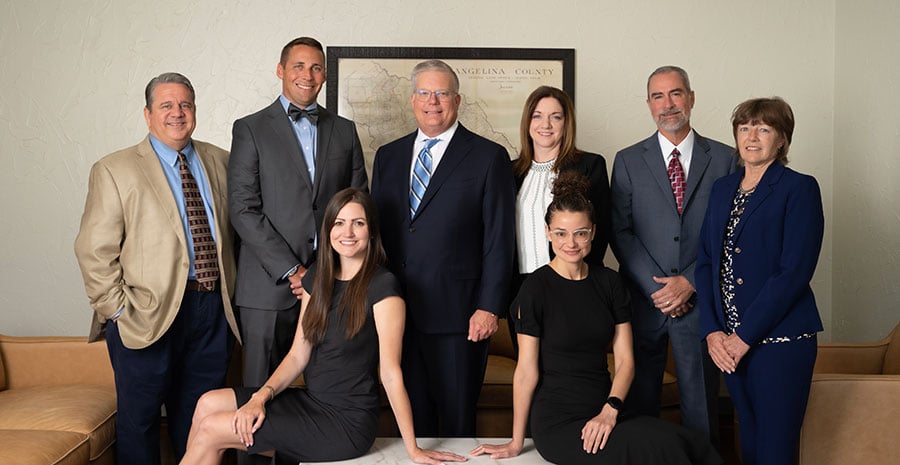In general, whenever you sell a property for an increase compared to when you purchased it, the Internal Revenue Service (IRS) expects you to pay capital gains taxes. Section 1031 of the United States Internal Revenue Code allows for real estate owners to defer paying these capital gains when selling property. In order to qualify for Section 1031, also known as a “like-kind” exchange, real estate owners must meet strict criteria, which include:
- Time limit. The IRS generally requires the property owner complete the like-kind transaction within 180 days.
- Property use. The tax code also states the owner must use both properties involved in the transaction for trade, business, or investment purposes. In most cases, property used as a primary residence or vacation home does not qualify.
- Reporting. It is also important to properly report the transaction. A failure to meet the timeline, provide proper paperwork and abide by the code’s rules can invalidate the claim.
It is important to note that this area of tax law is evolving. Recently, final rules resulted in changes to the definition of “real property” that can qualify within this transaction. This is particularly useful within the commercial market, as the new definition has changed how the IRS views items like machinery involved as part of these transactions. The changes can also complicate matters, as the definition for real property is impacted by the definition within state law. This is particularly difficult to navigate, though not impossible, when a 1031 transaction involves property that crosses state boundaries.


